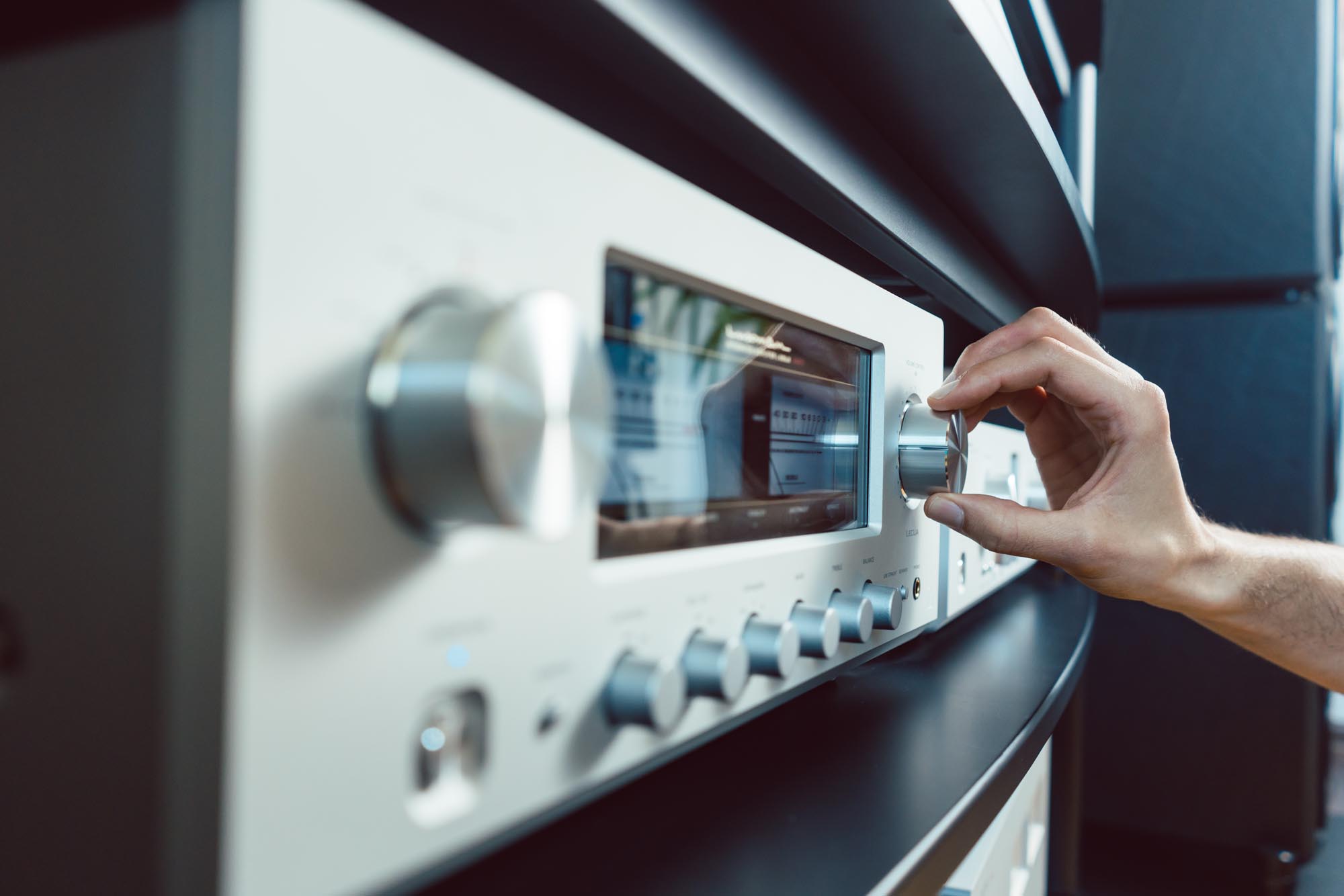

When people hear the opening piano line in the classic Journey rock band song, “Don’t Stop Believin‘”, they instantly light up. Why? People frequently feel moved, emotionally impacted, and even motivated by music.
For centuries music has been elevated as an art. It is a creative activity but also a communication format that regularly reaches audiences personally. Music creates an experiential sensation that folks remember for years afterward.
Music as an Intentional Mood Changer
Music can be a powerful mood-setting tool to positively improve one’s perspective and feelings daily. Researchers have been studying the physical and psychological impacts of music for years. Case studies show how it affects everything, from plants to animals to humans.
In some respects, people might feel the relationship between music and mood is already evident and not a new discovery. But these studies offer new insight into music’s psychological influence and its motivation for both individuals and groups.
Music’s Psychological Impact Is Not Linear
The impact of music on a person’s mood doesn’t necessarily follow a formulaic approach. Instead, music affects the brain at multiple levels and over time.
First, music offers an immediate emotional impact. This is our primal brain’s reaction to the noise stimuli we are hearing (and feeling if loud enough for vibrations). Second, the conscious perception or cognitive processing by the brain compares what we hear with what we know and remember from past experiences. Third, our brain digests everything and determines how we define the reality we just experienced. This particular phase can happen immediately or hours and days after the fact. Music bleeds over to our subconscious side, often even being digested again while we sleep.
Given the multiple brain processes noted above, achieving a positive music effect is far more complex than hearing a catchy tune. It’s fundamentally biased by how we hear the music at the time, the past experiences we associate with it, and how we are culturally expected to react. In short, music’s impact is deeply personal and not a generic “if this, then that” program output.
Music Can Have a Pleasure Effect
Researchers have also concluded that happier-sounding music, even if never heard before, has a positive impact on the brain and mood alteration.
Music can trigger a dopamine release in the brain which is associated with “feeling good” and pleasure. The brain lights up, and activity increases when dopamine is released. And because of that reaction, we realize new experiences, and the brain maps those positive sensations in our memories. In turn, every time we hear the same music again, it continues to make us happier and feel good again and again.
The Brain Isn’t the Only One at the Party
Further, our physiological reaction to music is not limited to the brain alone. The rate of the heartbeat, as well as blood pressure, can also be influenced. They can both be increased or lowered with music, depending on how the music is making us feel mentally.
Happy, upbeat music increases respiratory activity and makes us more alert. Familiar, calming music reduces our stress and enhances the ability to fall asleep in a relaxed state. The only stimuli are auditory, but the impact affects multiple aspects of us physically.
For Music to Improve a Mood, It Needs a Connection
So, is the ability to improve a mood as simple as just playing nice music all the time? No. Anyone familiar with elevator music knows how irritating that generalization can be. For music to elevate our mood there must be a personal connection as well as a sufficient reaction for a dopamine release.
The trick to producing a good mood via music starts with knowing a person’s likes and dislikes associated with music. When the right genre is identified, then music can be used to produce a better mood on a more consistent basis. There is always going to be a relationship between the music heard and a person’s psyche, which is made of history, culture, perspective, and memory. Recognizing this relationship makes a difference in understanding how to make music more effective in positive mood alteration.
One of the most powerful connections one can have with music is through practice and performance. Playing an instrument consolidates all the factors that make music mood-improving: auditory stimuli, cognitive processing, and memory associated with an experience.
Many musicians can even create a positive mood connection via music on command. Whether it is through a piano lesson, a guitar, or some other kind of instrument, learning to play music can be one of the most powerful ways to control your own positive mood as well as that of others daily. And in doing so, one can improve their outlook, health, and even longevity significantly.
For more information about improving your mood with music, please contact us. B Natural Pianos is NJ’s leader in private music lessons. We offer classes for all ages and instruments. Ask about our virtual learning to positively impact your mood from the comfort of your home.


